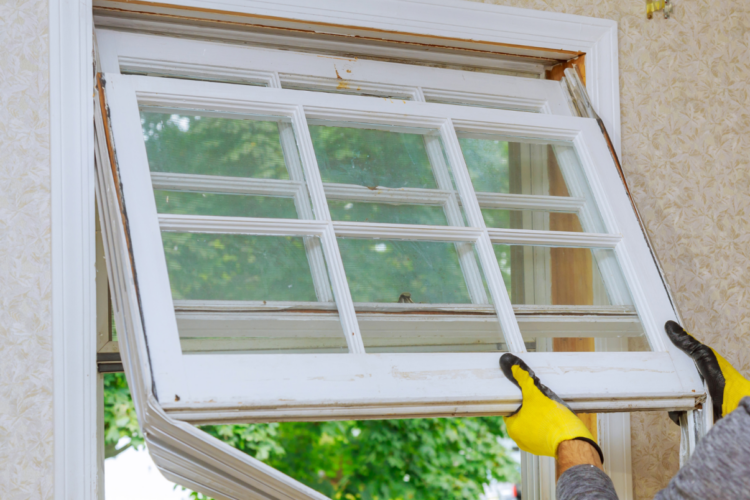5 Ways New Windows Can Reduce Outside Noise

Whether you live near a busy street, an active neighborhood, or simply want a quieter home, excessive outside noise can disrupt your peace, affect your sleep, and even increase stress levels. Fortunately, one of the most effective ways to combat unwanted noise is through high-quality window replacement. Modern windows do much more than boost energy efficiency—they also offer significant soundproofing benefits.
If you’re tired of hearing traffic, barking dogs, or noisy neighbors, here are five ways that new windows can dramatically reduce outside noise and help you enjoy a quieter, more comfortable home.

